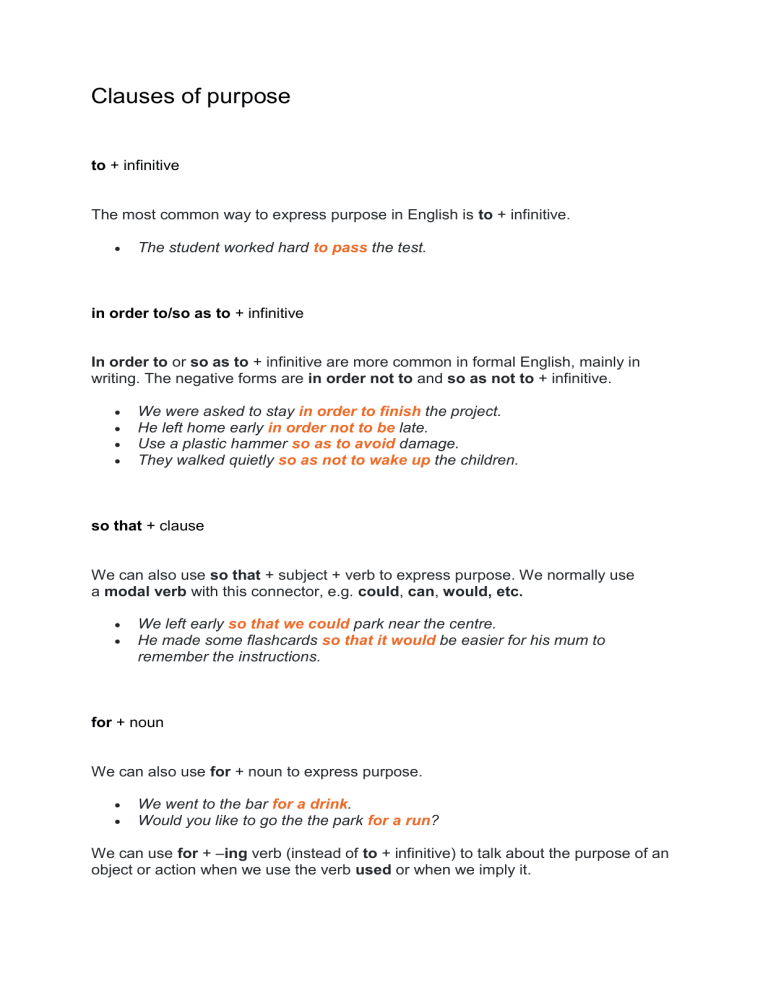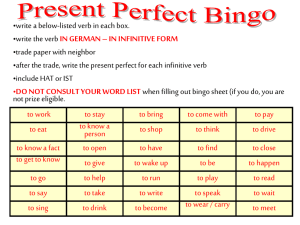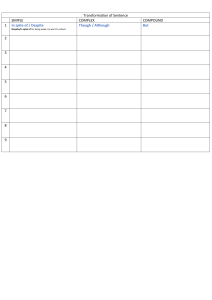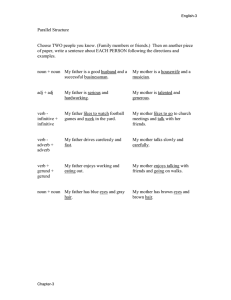
Clauses of purpose to + infinitive The most common way to express purpose in English is to + infinitive. The student worked hard to pass the test. in order to/so as to + infinitive In order to or so as to + infinitive are more common in formal English, mainly in writing. The negative forms are in order not to and so as not to + infinitive. We were asked to stay in order to finish the project. He left home early in order not to be late. Use a plastic hammer so as to avoid damage. They walked quietly so as not to wake up the children. so that + clause We can also use so that + subject + verb to express purpose. We normally use a modal verb with this connector, e.g. could, can, would, etc. We left early so that we could park near the centre. He made some flashcards so that it would be easier for his mum to remember the instructions. for + noun We can also use for + noun to express purpose. We went to the bar for a drink. Would you like to go the the park for a run? We can use for + –ing verb (instead of to + infinitive) to talk about the purpose of an object or action when we use the verb used or when we imply it. This knife is (used) for cutting plastic. Schools are for educating, not for entertaining. Clauses of contrast although, even though We can use although/even though at the beginning or in the middle of a sentence followed by a clause (subject + verb). We NEVER use a comma after although or event though. Although/Even though we had a bad game, we won. We won, although/even though we had a bad game. despite/in spite of Despite and in spite of are normally followed by a noun or a –ing verb. They can go at the beginning or in the middle of the sentence. Despite/In spite of the rain, we went to the concert. They arrived despite/in spite of leaving very early. We can use a clause (subject + verb) after despite/in spite of + the fact that. We went out despite/in spite of the fact that it was raining.



